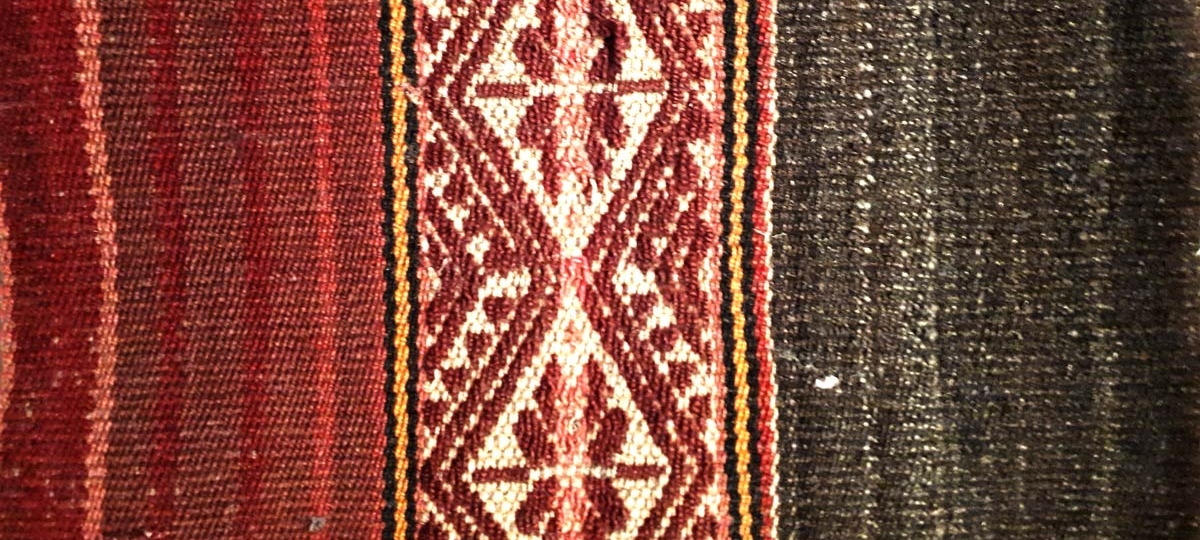
Farmer Research Network (FRN) Convening
Published on:
June 8, 2021
How Can Research Be Transformed and Food Systems Reimagined?
The CCRP is engaged in a process this year to broaden and deepen linkages and learning related to farmer-centered research for agroecology. The main focus is on sharing—sharing experiences and stories from different perspectives; tools, strategies, and techniques; and research results. All are expected to help strengthen networks and support collective action at project, country, region, and program levels. Ultimately, these linkages, synergies, and shared understandings are expected to increase the CCRP’s collective ability to advance agroecological transitions and influence food systems transformations.
Different actors will engage in the process in different ways and, likely, with different objectives:
- Networks of farmers may learn from each other, share techniques, discuss successes and challenges, or celebrate accomplishments.
- Researchers may deepen their understanding of participatory approaches, share evidence for agroecological transitions, or discuss how conventional paradigms governing agricultural research and development are changing.
- Non-governmental and farmer organizations may exchange ideas on policy changes, farmer-centered research, and ways to contribute to food systems transformations in local and national spaces.
Many different activities are taking place throughout 2021. In each CCRP region, communities of practice are engaged in sharing learning through FRN groups, workshops, and annual CoP meetings. The FRN working group, data working group, and soils group in the East & Southern Africa region are sharing learning on a regular basis and explore issues together in a spirit of open exchange and dialogue. Simultaneous interpretation is provided to facilitate communication and cross-program exchange.
Online Film Festival
The CCRP is providing mobile film training in English, Spanish, and French in each region to any grantees who want to learn how to make amateur videos using only their smartphones. Training is currently underway, with the resulting videos bound for an online film festival. Videos are expected from a wide variety of stakeholders, including farmers, field officers, researchers, NGO staff, and others. Together, the entries will make for a rich, exciting film festival while also creating a bank of videos that will be available for ongoing viewing. Instruction in photography and other creative expression will be offered in the coming months.
For more information, visit the convening website.